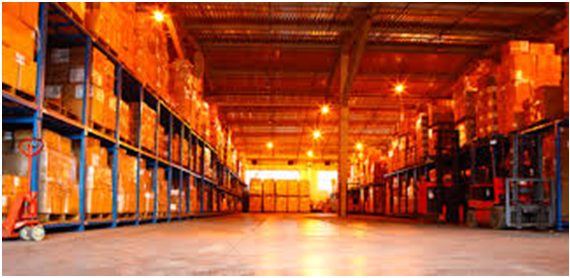Unless you were planning on having your workers lift all those heavy cargo for you, every warehouse needs a stacker. There are lots of different kinds of stackers though, and choosing one isn’t simply as easy as just closing your eyes and pointing at random. Each kind of stacker comes with its own pros and cons, and when you get a better understanding of these technicalities, you put yourself in a better position to make a choice. Consider the 5 factors listed below before buying your warehouse stacker and save yourself from purchasing something that you might not even get to use.

Load Capacity – How heavy are the boxes and products you store in your warehouse? Depending on the weight of the boxes, crates, or pallets that you intend to carry, you might want to look into the load capacity of the stacker you’re planning on buying. Some stackers will be able to carry heavier loads than others, and this might be an investment for most. But if you don’t see the need to carry or lift extremely heavy loads, then a lower load capacity stacker might work just fine for you.
1. Shelf Height – How high are the shelves in your warehouse? You definitely don’t want to waste vertical space all because your stacker doesn’t reach that height. Smart storage is all about your ability to make the most of the space available to you. Make sure the stacker you choose can reach the highest shelves in your warehouse for optimum storage.
2. Skids and Pallets – Some stackers can only carry skids and not pallets. This is because the wheels of the stackers make it impossible for them to reach under the smaller spaces under pallets. Before you buy your stacker, make sure you know what kind of items you’ll be moving around.
3. After-Sales Service – Does the company selling the stacker offer after-sales support and maintenance services? Your stacker might give in to wear and tear over time, and might even break due to factory defects. By ensuring that the brand offers after sales maintenance services, you can be sure that you can get your stacker repaired for no extra cost. It’s also ideal to check any prices or hidden fees so you don’t get surprised by any sudden costs you might get charged when you call them in for maintenance and repairs.










Comments are closed.